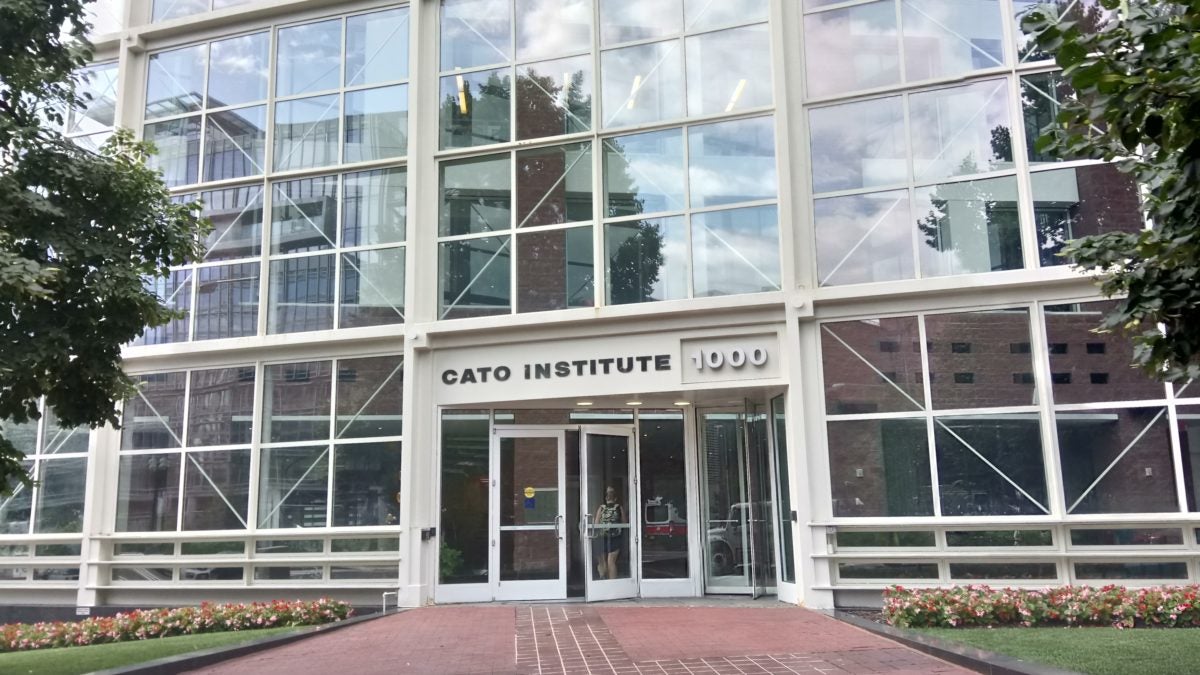The B.S. Economics program at Rensselaer provides students with a world-class education that prepares them for success in the global economy. Our students develop expertise in quantitative modeling and data analytics, applied economic theory, and conceptual tools of economics used to understand decision-making by individuals and firms, market dynamics, and economic policy in areas such as health care, technology and innovation, environment, international trade, law and economics, among others. After graduation, our students go on to careers in industry, consulting, banking and finance, business and management, government, and other areas.
Program Overview
The B.S. Economics program features a flexible curriculum that emphasizes the application of quantitative tools to real-world economic problems and policy. In addition to the core coursework, students can select from a wide range of electives courses to tailor their curriculum to advance their individual career goals. Students have the opportunity to work closely with our diverse and talented faculty experts on research projects that develop quantitative skills and provide experience analyzing contemporary and real-world economic issues.
Highlights
A Tailored Curriculum
Students enrolled in the B.S. Economics program can choose from a wide range of elective courses based on their specific areas of interest and career goals. In addition, our program facilitates dual majoring with programs such as Computer Science, Mathematics, Engineering, Sciences and Management, and other areas. Students pursuing a Dual-Major in Economics may use economics coursework to satisfy Rensselaer’s Humanities, Arts, and Social Sciences (HASS) core curriculum requirements.
Student-Faculty Research Experience
Students have the opportunity to work one-on-one with faculty members on cutting-edge research in areas such as innovation and technology, health economics, behavioral economics, economic data analytics and modeling, environmental economics, among others.
Welcoming and Engaging Environment
The Economics Department is a welcoming and supportive community that helps students succeed. Rensselaer’s interdisciplinary and diverse student body provides a stimulating and engaging educational experience. Our advising staff works closely with students throughout their time at Rensselaer to help them achieve their individual educational and career goals.
Coursework
The B.S. Economics degree requires 32 credits in the discipline (eight 4-credit courses). This includes 16 credits in required economics coursework and 16 credits in economics electives.
Required Coursework
- INQR 1200 – Principles of Economics. Credit Hours: 4
- ECON 2010 – Intermediate Microeconomic Theory. Credit Hours: 4
- ECON 2020 – Intermediate Macroeconomic Theory. Credit Hours: 4
- ECON 4570 – Econometrics. Credit Hours: 4
Economics Electives
The Department of Economics offers electives in a wide range of areas that allow students to structure their coursework to align with their individual interests. The available electives include Health Economics, Environmental Economics, Money and Banking, Behavioral Economics, Experimental Economics, Applied Game Theory, International Economics and Globalization, Financial Markets and Institutions, among many others.
For details on the B.S. Economics program, please select the URL listed below which corresponds to the semester you started at RPI. Please contact the Student Services Advising Hub if you don't see your starting semester or need additional assistance.
- For students entering Fall 2024 or Spring 2025
- For students entering Fall 2023 or Spring 2024
- For students entering Fall 2022 or Spring 2023
- For students entering Fall 2021 or Spring 2022
- For students entering Fall 2020 or Spring 2021
- For students entering Fall 2019 or Spring 2020
Contacts
For questions regarding our B.S. Economics program, please contact:
Economics Professor Michael Klein: kleinm5@rpi.edu
HASS Student Services Advising Hub. Email: hassinfo@rpi.edu
Program Outcomes
The B.S. in Economics prepares students to: develop analytical and modeling expertise that is in demand by industry and consulting; learn state-of-the-art research techniques and quantitative methods; gain the ability to analyze, interpret and communicate complex economic and financial data; and enhance critical and inquisitive thinking.
Community
Spotlight

This seminar series features researchers from the Rensselaer community and beyond.
After Graduation
The Economics program equips students with quantitative and analytical skills that are highly valued by employers in many fields. Salary data collected by Payscale and other organizations show that mid-career earnings for professionals with a B.S. degree in Economics rank in the top-10 of all majors. A B.S. Economics degree provides opportunities for lucrative careers in sectors such as banking and finance, management and business consulting, healthcare, and technology. Corporations across a wide range of sectors, international organizations, and Federal and State governments employ economists to analyze markets, new technologies, regulatory policies, and economic forecasting. In addition, students with an economics degree are well prepared to pursue graduate degrees in areas such as economics, finance, business, management, law, public policy, among others.

